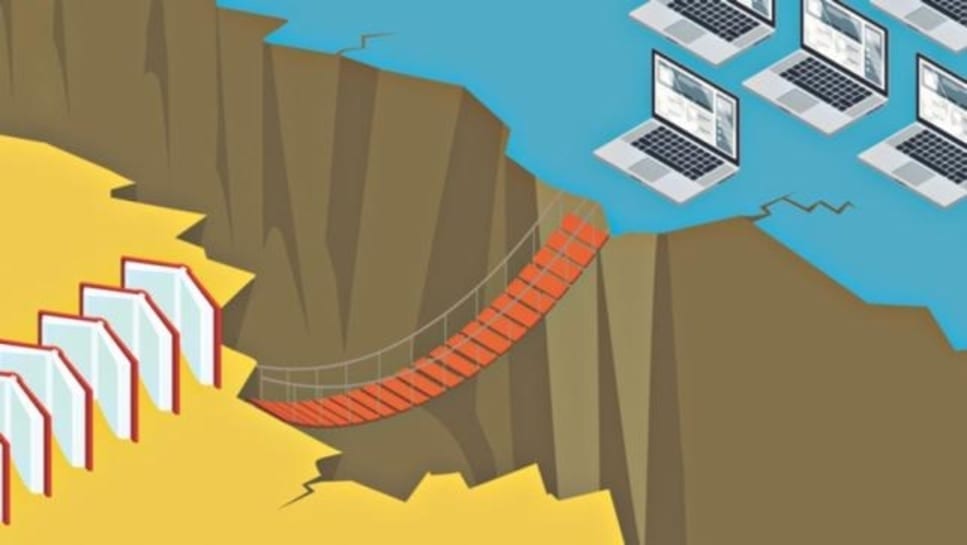
Sometime last week a friend posted a digital copy of M. B. Nsimbi’s ‘Luganda Names, Clans, and Totems” or “Amannya Amaganda N’ennono Zaago”. The cover had a stamp of California Institute of Technology (popularly known as Caltech) and it was dated February 16, 1981. It is part of the Munger Africana Library Notes which has now been digitized. The date is instructive for two major reasons. First is that over 85% of the people who live in Uganda today were not born and second is that Uganda still had some functional public libraries.
Therefore , not many living today know about public libraries. But how did the question of public libraries even arise in relation the post? It arose because someone asked where they could get a copy and another replied in jest that ‘go to the nearest public library’! The conversation created a lot of nostalgia about what was then and is missing today. This is what I know about then and now.
Public libraries were up to the 1990’s common in most urban areas. Many good schools also had a library where one could go and borrow books to read. Growing up in Entebbe, I recall having access to the library at Lake Victoria School and the public library at the old Town Council offices, which is directly opposite State House on the main airport thoroughfare. The public library was a hallowed space, and the silence of the building was impressive. There was always a stern looking custodian who brooked no nonsense. He/she was a wealth of knowledge who knew where all the crooks and crannies in the place.
You could go in and sit in a quiet corner and get lost in “The Adventures of Tom Sawyer” or in Charles Dicken’s “Oliver Twist”. Or you could borrow a book and take it home to read with a spotlight (torch we called it) after bedtime under the cover of your blanket. It was an idyllic existence. That is mainly because those from poor families could still have free access to literature on the same terms as those from more well to do families. It didn’t matter if you resided in the African quarters, or you came from the “Kizungu”. The library was the great leveler. Most of the books we read then had been shipped to Uganda from the United kingdom as gifts to the Ugandan people. But we could not have known that, nor did it matter as long as we learnt the discipline of reading.
Unfortunately most of these libraries are no more. Another commentator on the forum informed us that many Urban authorities had fallen upon hard times. As a consequence, the budget for public libraries was the among the first culprits. There had been (or still was ) a public library on Buganda Road. The building belonged to an Asian who had magnanimously let the Public Library occupy it for as long as was possible.
In riposte to the foregoing comment, another pundit argued that since we were in the digital age, kids were probably even reading more on their Kindles and iPads! This is where the new library had moved. This sounded intelligent until you realized that again development had created a new roadblock in the form of the “digital divide”. How many underfed kids could have access to a Kindle or iPad, or the data required to use one effectively? Yes there were efforts to provide internet access but many had fallen off the digital roller coaster. The only digits they had were their fingers, to turn the pages of a hard copy if it could be found. With the demise of the public library, many have in a sense been disenfranchised and will never enjoy the childhood wonder of getting lost in a book. The public library occupies a nostalgic place in our memories. It was a head start, probably one of the few anyone could have ever needed in those times.
Samuel Sejjaaka is Country Team Leader at Mat Abacus Business School. Twitter @samuelsejjaaka

